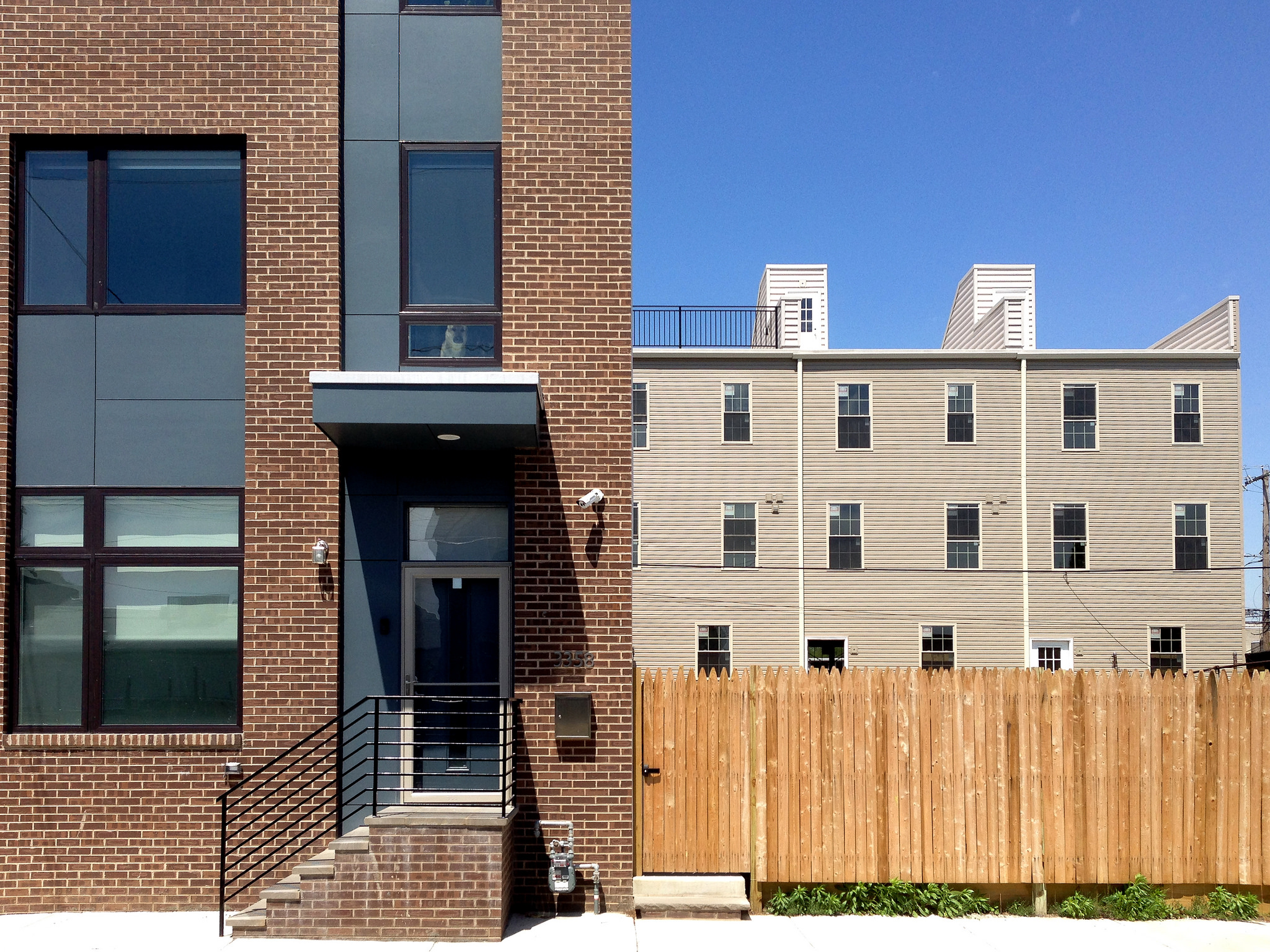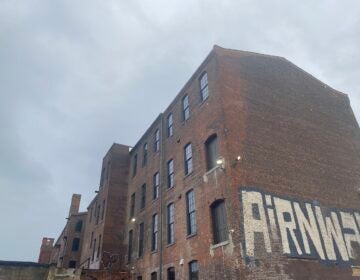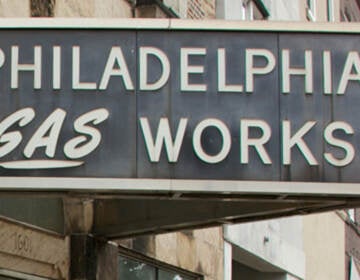Cindy Bass proposes eliminating 10-year tax abatement

On Wednesday afternoon, Philadelphia City Councilwoman Cindy Bass surprised her colleagues by circulating a bill that would end the city’s 10-year property tax abatement for any projects begun after Oct. 31, 2018. She plans to introduce the legislation on Thursday, the first day of the fall session.
The legislation comes in the midst of last-minute negotiations between Mayor Jim Kenney and City Council President Darrell Clarke over funding for affordable housing. The administration opposes a council-approved tax on new construction and on Wednesday morning, introduced an alternative scheme that they framed as routing money from properties with expiring abatements to the city’s Housing Trust fund.
Bass voted against the construction tax in the spring, when it squeezed by on a 9-to-8 vote. She said her bill is unrelated to that debate.
“I’m very familiar with the abatement, I hear about it from my constituents, and people have felt that it was a very unfair system for a very long time,” said Bass. “It has nothing to do with the construction impact tax…and we’ve got quite a bit more support than we anticipated.”
Councilwoman Helen Gym is signed on to co-sponsor the legislation. Other members of Council close to the construction tax debate declined to speak on the record about the bill, although Councilman Mark Squilla, who co-sponsored the affordable housing bill, said gutting the abatement “would kill the construction tax,” which is being sold as a tax on the abatement.
The abatement is a touchy subject both in City Hall and in neighborhoods far from Center City that see little direct benefit from the development incentive. Created almost 20 years ago at a time when builders were just beginning to consider the downtown business district viable, the policy allows new projects to avoid property taxes for the first 10 years of their existence. City officials and real estate industry insiders argue that the tax break seeded the construction boom that has transformed Center City over the last decade. Critics tend to see it as a giveaway to wealthy developers.
Despite the differing opinions, most people involved in the debate agree that reform of some kind is needed.
In the spring, the Kenney administration released a study showing that eliminating or sharply curtailing the abatement would result in less development and fewer tax dollars in the long run. But administration spokesman Mike Dunn has said that Kenney is open to discussion on the policy’s future. Even the city’s building trades unions–staunch Kenney allies–said they would embrace abatement reform.
“Listen, contrary to what you may think, we are not big fans of the 10-year tax abatement on new construction and are open to radically altering or eliminating it altogether,” wrote John Dougherty, head of the Philadelphia Building & Construction Trades Council, in a letter to City Council this past spring.
But no one on Council officially embraced full elimination until Bass circulated her bill. Even Gym, Council’s resident left-wing firebrand, previously only suggested eliminating the portion of the abatement that withheld dollars to the city’s School District. Councilman Allan Domb, who is a real estate broker, proposed a far more modest reform to shorten the abatement. Domb said Wednesday he opposes the Bass bill, calling it “too much of a shock to the system.”
“It [the Bass Bill] the first of what will be many attempts to eliminate or curtail the abatement,” said Leo Addimando, vice-president of the Building Industry Association, which represents residential developers in the city. “It will be a hot topic this season.”
City Hall insiders see the bill, in part, as an effort to shore up Bass’s legislative track record ahead of an election year. There is one declared challenger for Bass’s seat already, and her racially and economically diverse district tends to generate hotly contested races. Even if the bill doesn’t go anywhere, it is still a bold proposal that will be popular in many communities she represents.
But Bass said that for her the bill is simply about fairness.
“When you look at the state of our city and what is happening around our school buildings, I don’t think we have a choice,” she said.
WHYY is your source for fact-based, in-depth journalism and information. As a nonprofit organization, we rely on financial support from readers like you. Please give today.







